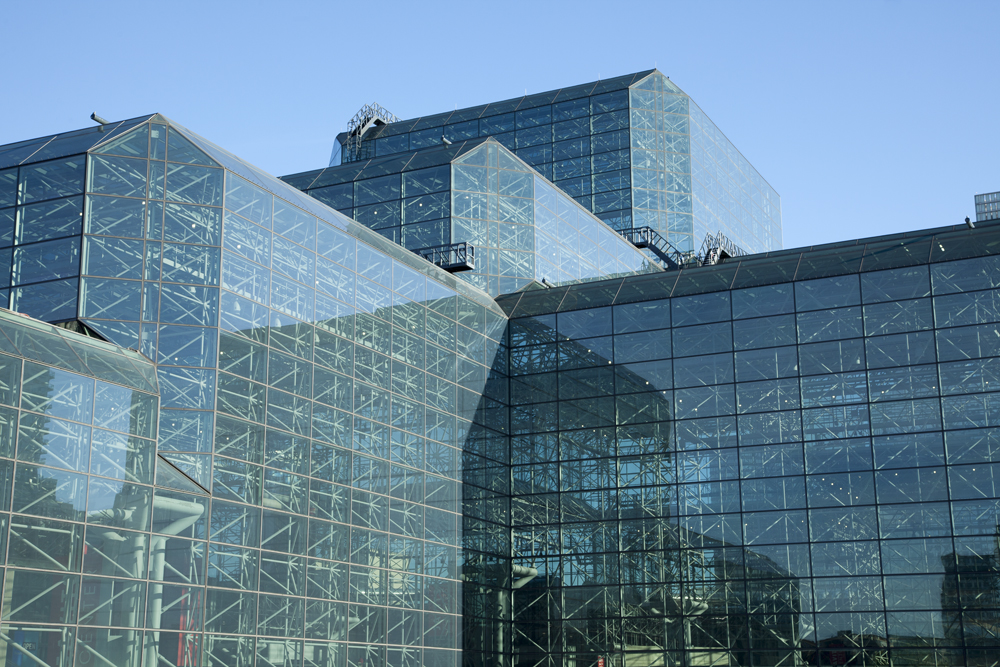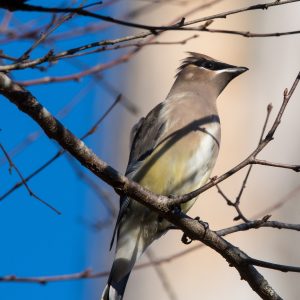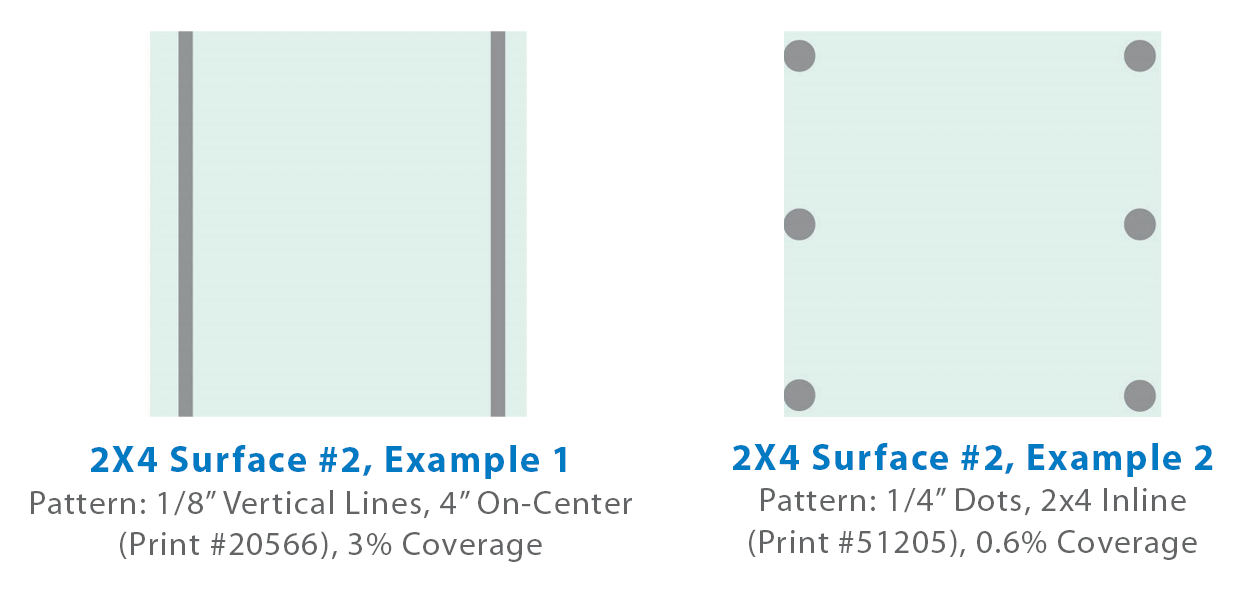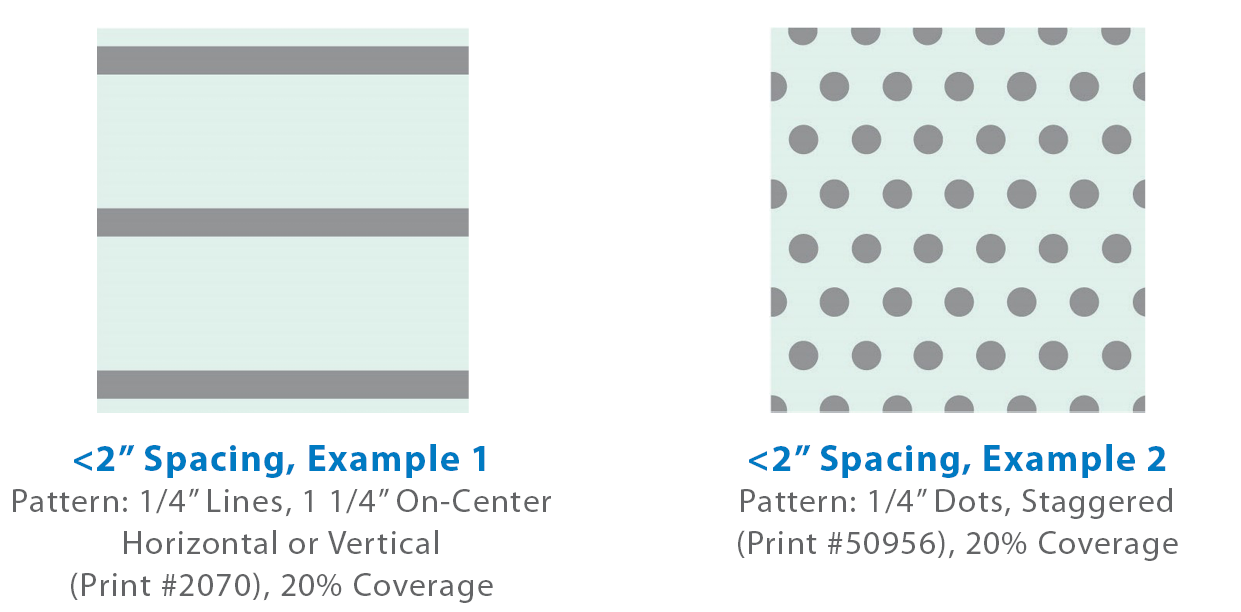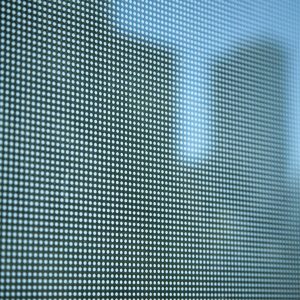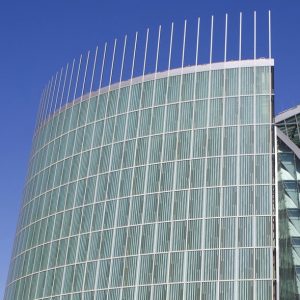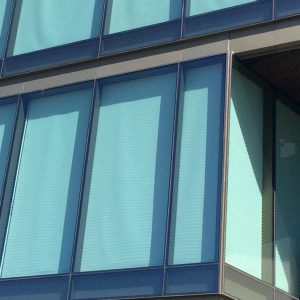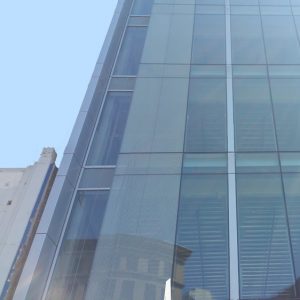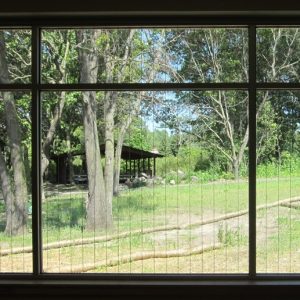What is Bird-Friendly Glass?
Glass facades deliver many benefits including daylight, views and dynamic aesthetics. A counterpoint is that birds do not perceive traditional clear glass as an obstacle to their flight path. It is possible to balance glass building benefits with the adverse impact on birds by selecting glass that can take advantage of its many benefits while also minimizing the potential for bird to glass collisions.
Research has shown that adding a pattern can increase a bird’s ability to perceive glass, thus reducing the likelihood of a collision. This awareness has lead organizations, cities and states to develop bird-safe building guidelines, laws and official standards that apply to architectural glass and buildings.
Viracon's Involvement
As a glass fabricator, Viracon has been actively involved in the ongoing bird friendly glass research, focusing specifically on finding practical solutions using conventional glass products for buildings with applied patterns. Additional information about the research and testing is available in the Tech Talk.
The Tunnel Test
Birds are released into one end of a test tunnel. They fly toward the opposite end of the tunnel where there is an opening with a clear control sample and a test sample with a pattern. Birds respond by flying toward the control sample or the test sample as they attempt to exit the tunnel (light netting is installed in front of the glass to prevent collisions with the glass). Researchers record each flight and study the response to score the test sample. The score for the sample is the percentage of birds tested that fly towards the clear glass (American Bird Conservancy 2012).
Viracon's Bird-Friendly Glass Tech TalkClick the link above for more information on our tested products, as well as patterns that meet The American Bird Conservancy's Prescriptive Ratings for bird-friendly glass.
Product Scoring and Threat Factors
Scores from the ABC tunnel test are utilized by ABC and the U.S. Green Building Council® (USGBC) to assign a threat factor for each tested material. A lower threat factor means that the product deterred more birds in the tunnel test than a product with a higher threat factor.
Threat factors are a key component in comparing bird deterrence products and in achieving the bird collision deterrence Innovation credit in the LEED® for Building Design and Construction rating system. Designing a façade where all materials have a threat factor of 30 or less means the project is exempt from additional calculations. If any material with a threat factor >30 is used, then Bird Collision Threat Rating (BCTR) calculations are required (U.S. Green Building Council 2019).
American Bird Conservancy’s Prescriptive Method for Determining Threat Factor
Bird collision researchers acknowledge that additional product testing will continue to develop our understanding of which patterns are the most effective. At the same time, researchers acknowledge it isn’t practical to test every pattern. To address this practicality, researchers have used existing research to develop prescriptive rating guidelines described as 1) 2x2 Rule, 2) 2x4 Rule and 3) Patterns spaced <2”. When specific criteria are met, a Threat Factor of 20 or 25 may be assigned to the glass. Viracon offers a variety of standard patterns that comply with the 2x2, 2x4 and <2” Spacing Rule. The patterns range in coverage from 0.6% to 20% and can be applied to the same surface as Viracon’s Low-E coatings that comply with the guidelines. (American Bird Conservancy Prescriptive Rating Guidelines for Bird-friendly Materials 2023)
Prescriptive 2x2 Pattern Rule: Threat Factor 20
The 2x2 Rule indicates developing patterns with lines or shapes spaced no more than 2” apart can deter collisions.
(American Bird Conservancy Prescriptive Rating Guidelines for Bird-friendly Materials 2023)
Overall glass assembly must meet all to comply:
- Exterior Reflectance of the overall glass assembly (excluding visual markers): <=15%
- Any color of opaque ceramic frit/ceramic ink
- Clear, mid-iron or low-iron glass
- Patterns on surface #2 with the low-e coating behind the pattern
- A pattern that is made up of one of the following elements:
- Continuous solid lines at least 1/8” wide, no more than 2” apart measured edge to edge.
- Circular, square or irregular solid shapes no more than 2” from another shape measured horizontally or vertically edge to edge. Each shape must have 1/4” (6mm) diameter minimum.
Prescriptive 2x4 Pattern Rule: Threat Factor 25
The 2x4 Rule indicates developing pattern with horizontal lines or other shapes spaced no more than 2” apart or vertical lines spaced no more than 4” apart can deter collisions (American Bird Conservancy Prescriptive Rating Guidelines for Bird-friendly Materials
Option 1: Surface #1 Acid Etch Patterns
Option 2: Surface #2 Ceramic Patterns
Surface #1 Acid Etch and Surface #2 Patterns must also meet:
- All low-e coating must be behind the pattern
- A pattern that is made up of one of the following elements:
- Continuous solid lines 1/8” wide, no more than 2” apart for horizontal or angled lines, or 4” for vertical lines
- Circular, square or irregular solid shapes no more than 2” from another shape vertically and no more than 4” from another shape horizontally. Each shape must have 1/4” (6mm) diameter minimum.
Prescriptive <2” Spacing Rule: Threat Factor 25
(American Bird Conservancy Prescriptive Rating Guidelines for Bird-friendly Materials 2023)
Overall glass assembly must meet all to comply:
- Exterior Reflectance of the overall glass assembly (excluding visual markers): <=15%
- Any color of opaque ceramic frit/ceramic ink
- Clear, mid-iron or low-iron glass
- Patterns on surface #2 with the low-e coating behind the pattern
- A pattern that is made up of one of the following elements:
- Continuous solid lines at least 1/4” (6mm) wide and spacing equivalent to line width, measured edge to edge, up to < 2”.
- Circular, square or irregular solid shapes at least 1/4” (6mm) diameter, with spacing between shapes no less than diameter of pattern elements and no more than 2” measured edge to edge.
Project Examples
Viracon has participated in numerous projects that utilized printing to reduce the likelihood of bird collisions. These projects utilized patterns, many of them customized, to meet the needs of the specific guideline, standard or law required by the project owner or design team.

